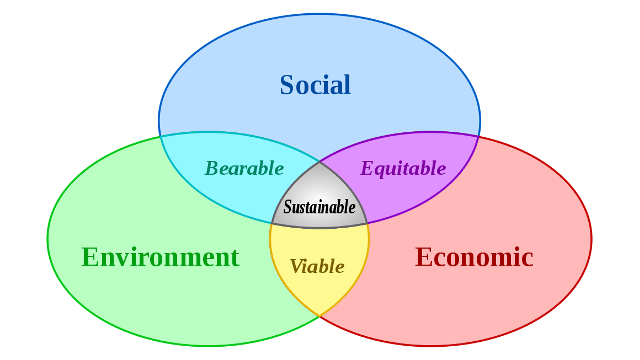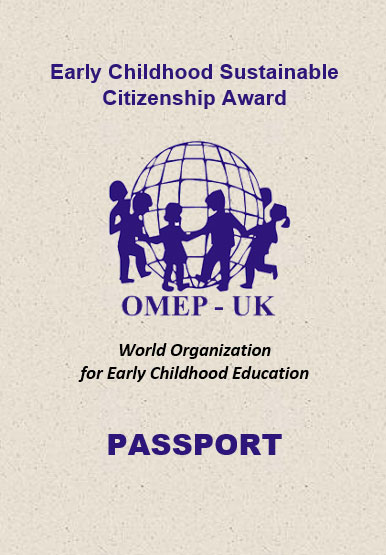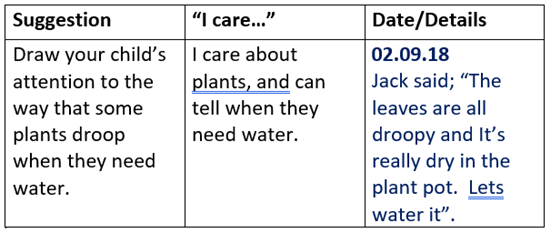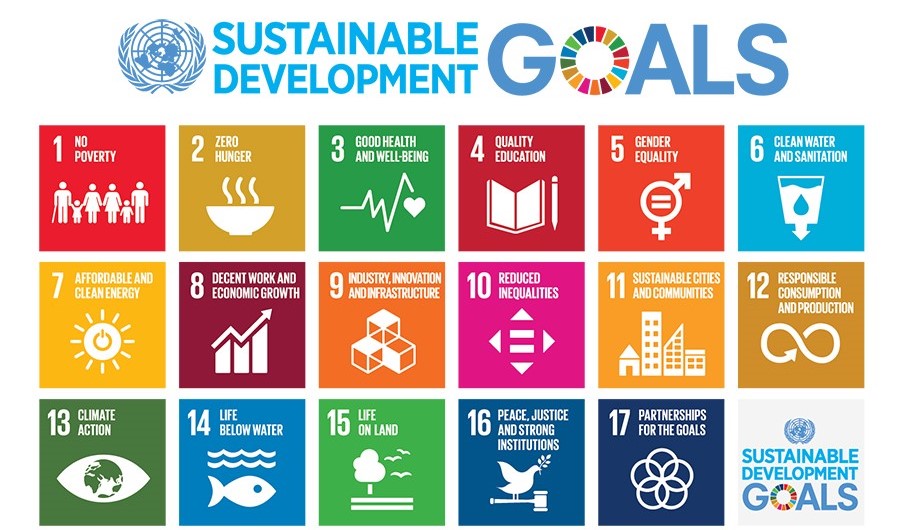Currently Empty: £0.00
ESC Award
Strong Foundations
ESC is for all ages and the early years are of crucial importance because strong foundations of knowledge, skills, and attitudes are established during this period of life and high-quality education (within settings and at home) can transform children’s lives. If young children participate in rich and interesting experiences and are encouraged to explore, understand, and solve problems, then they can make a difference in their worlds, both now and in years to come.
What is Sustainable Citizenship?
Since the 2005 United Nations World Summit, it has become commonplace to refer to the “interdependent and mutually reinforcing pillars” of sustainable development as social and cultural sustainability, economic sustainability, and environmental sustainability.
The challenge for early childhood educators has been to develop appropriate educational systems, curriculum and pedagogic practices that provide an appropriate early introduction to each of these areas of concern, and genuine experience of applying them together in sustainable practice. It is important to understand that these three pillars are mutually dependent and must act together, and that any practices and policies developed without taking each into account are likely to fail.
From the perspective of sustainable development, the most efficient or effective environmental, economic or social strategy may not be the most sustainable. Interdisciplinary decision making is crucial. Many authorities see good governance as another vital component that should be considered an additional ‘pillar’ for sustainable development.
From an early childhood education perspective, these democratic concerns may be realised through the encouragement of more participation by the local community, by families and especially by the children themselves, in co-constructing the sustainability curriculum.
It is for this reason, and in recognition of the UN Convention on the Rights of the Child which suggests that all children should have a voice in all matters that effect their lives, that we refer throughout these pages to Education for Sustainable Citizenship.

OMEP-UK Early Childhood Education for Sustainable Citizenship Award
The OMEP UK Early Childhood Education for Sustainable Citizenship Award is an initiative that was developed following work reviewing provisions for Early Childhood Education for Sustainable Development (ESD) applying the OMEP Environmental Rating Scale for Sustainable Development in Early Childhood (ERS-SDEC). This work was carried out by OMEP in ten countries: Chile, China, Kenya, Korea, Norway, Portugal, Sweden, Turkey, the UK, and the USA between 2010 and 2014. This work was published in 2016 and further details (including copies of the research instrument) are available for download here.
The OMEP Early Childhood Sustainable Citizenship Award has been developed to support a wide range of early childhood providers including childminders, preschools, and nurseries who are working with parents in supporting the objectives of Education for sustainable development in early childhood.
The scheme is organised around an ‘ESC Passport’ that is provided for each child. This document summarises the provisions of the United Nations Convention on the Rights of the Child (1989), and defines Sustainable citizenship as a life-long emergent capability.
The passport also provides discounted entry to wildlife conservation parks and other related community resources and services.
Each child is able to collect up to 15 award stickers for entry into their passport, and these show their ESC achievements at Bronze, Silver and Gold level. To be awarded each sticker, parents and preschool practitioners work together to support the child in completing educational activities that range from the identification and naming of three wild birds, the identification of wildlife habitats, to the recycling of waste materials, and the recognition of cultural and linguistic diversity.
The approach celebrates sustainable achievements and innovations, and encourages the children to feel themselves involved in the creation of a more sustainable future.
The activities are set at an appropriate level for the age group, they are based upon commonly available environmental resources, and provide the foundations of an education for sustainable citizenship that addresses all aspects of the United Nations Sustainable Development Goals.
There are fifteen ‘I-care…’ booklets in the complete set. These comprise Bronze, Silver and Gold awards in the following ESC educational areas that broadly address the UN Sustainable Development Goals:

Social-Cultural education
Economics Education
Environmental Education
Emergent Literacy Education
Emergent Numeracy Education

Each of the booklets also has recommendations for related picture story books or activities. Once the child has completed their ‘I-care…’ book, their key person, will issue a sticker for their ESC passport..

During this decade ‘The Contribution of Early Childhood Education to a Sustainable Society’ (UNESCO, 2008) report recommended that early childhood teachers should move beyond environmental education focusing on “nature walks” and instead provide children with an opportunity to:
‘… engage in intellectual dialogue regarding sustainability, and in concrete actions in favour of the environment. In addition, it should incorporate learning to be compassionate and respect differences, equality and fairness as the world is increasingly interdependent and inter-connected. It was suggested that, instead of talking about the 3Rs: reading, writing and arithmetic, one should refer to the 7Rs for education for sustainable development: reduce, reuse, recycle, respect, repair, reflect and refuse’ (UNESCO, 2008 page 12).
Send us a Message
Find out more about this exciting award!
